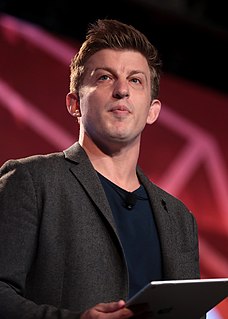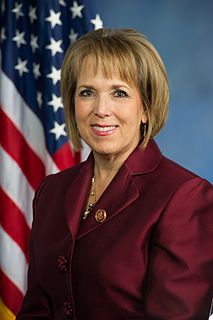A Quote by Jamaal Bowman
Our crumbling infrastructure disproportionately harms Black, brown, Indigenous, and low-income communities. The negative health impacts arising from fossil fuel use, industrial pollution, and toxic materials in our homes and schools are literally making us sick.
Related Quotes
If we start treating addiction as a public health issue, with more compassion, and without the criminal element, our society will be better off and violence and public safety will improve as a result. We'll also be taking a big step in taking down the prison-industrial complex that disproportionately harms communities of color.
We promote new fossil fuel infrastructure, from airport expansion and coal mines in the U.K. to oil pipelines in the U.S. Investments are meant to build and secure our shared future - but all these fossil fuel investments are directly fuelling the climate crisis that threatens to undermine that future.
If we want to address global warming, along with the other environmental problems associated with our continued rush to burn our precious fossil fuels as quickly as possible, we must learn to use our resources more wisely, kick our addiction, and quickly start turning to sources of energy that have fewer negative impacts.































